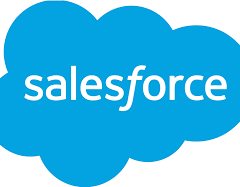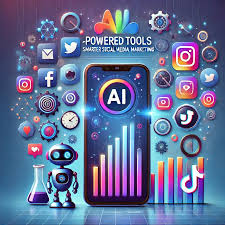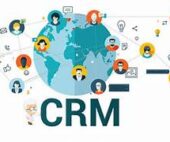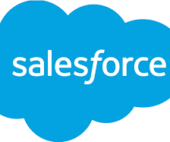In most new application builds, AI is rarely considered an active consumer. The prevailing assumption seems to be that AI is just a variation of reporting, which essentially translates to “not my problem” for application developers. In this mindset, the data platform gets treated like an afterthought, receiving the “exhaust fumes” of the application without much concern for data quality. Even when data or AI is acknowledged as important, it’s often sidelined, with data becoming one of the first things sacrificed during the development process. In the past, this was merely a “minor” problem that led to the rise of the data quality industry. AI and Legacy.
But as we move forward, this will become a significant issue due to one undeniable fact:
AI will be the primary consumer of applications and data.
Old Thinking Creates Instant Legacy
What this means is that if you’re building a new application—whether it’s a website, ERP, CRM, or anything else—and you’re not considering AI as a user, you’re actively choosing to implement a legacy system.
Even if your system has an AI solution baked in, if the core application isn’t designed for a data-driven world, the best you’ll achieve is an AI sidecar—just a nice wrapper, but limited in scope. Tools like Microsoft Copilot or Salesforce Agentforce, for instance, can easily be implemented in a way that minimizes or even eliminates opportunities for AI to thrive.
If you’re building applications that treat data as merely a reporting tool and assume AI is a downstream consumer, you’re engaging in legacy thinking in a world increasingly powered by AI.
Don’t Build Legacy Systems
Avoiding legacy systems isn’t difficult. If you believe AI and data are important, treat them as such from the outset. This boils down to one simple principle:
Design for the destination.
If you think AI will be a primary consumer of applications in the next one, two, or five years, you should design your applications with that challenge in mind. This means considering AI personas, figuring out how AI assistants will integrate into human workflows, and planning how AI automation bots will function within the system. It also requires embracing a crucial decision:
Your design should prioritize data, and assume AI is a primary consumer.
This doesn’t mean just designing a robust database schema. It means ensuring your application’s operational reality can accurately reflect the business situation for both human and AI users. It’s not about technical database design—it’s about understanding the business’s accountability for digital accuracy and establishing the mechanisms to maintain that accuracy and represent it effectively.
Building Legacy Is a Choice Everyone Is Making
To be clear, this isn’t about adopting some “holistic” view or designing for every possible scenario. It’s about designing from a data and digital perspective first. Instead of treating use cases or business processes as the main design focus, the primary design thread should be the ability to reflect the reality of the business. Use cases and business processes still matter at the execution level, but they should not drive application design in a data-driven, AI-enabled world.
You must assume that AI will be the primary consumer of your application and design accordingly, rather than focusing solely on human users and screens.
Right now, nearly every application is still built as though data is a byproduct of transactions, with the assumption that AI is merely a sidecar, not an active participant. AI and Legacy.
In the words of Sir Humphrey, that is a “courageous” decision.













